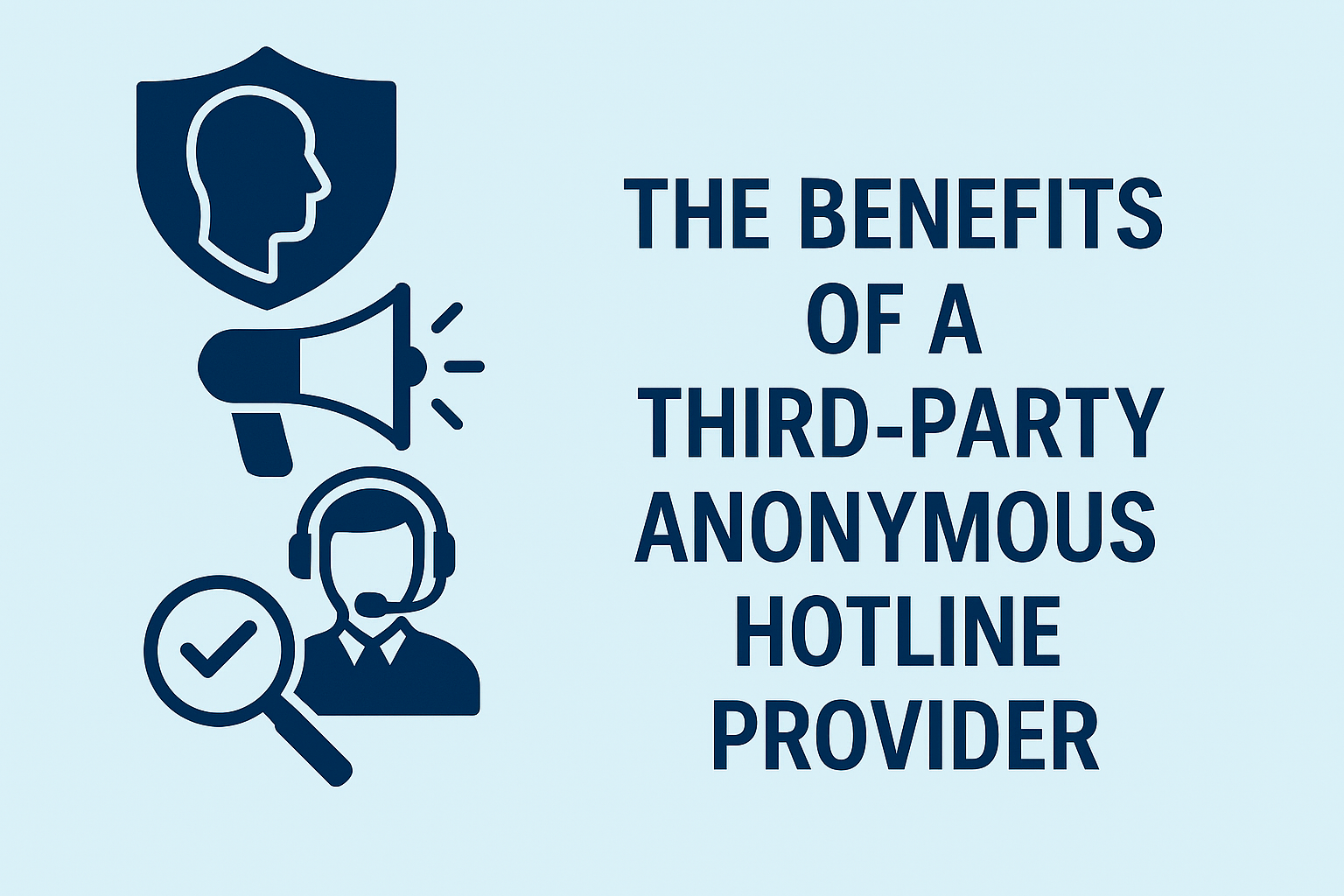Guest Author Tim Dimoff, www.sacsconsulting.com
According to the Association of Certified Fraud Examiners (ACFE):
- Organizations lose 5% of their annual revenue to fraud each year, and small businesses are the most vulnerable.
- The real estate and financial sectors have the highest losses.
- A typical case costs an organization $8,300 per month, and it’s not usually caught for 14 months. This result, on average, of a total loss of over $100,000!
PwC concurs with ACFE’s assessment. In their research of 5,000 companies, 47% of them had experienced fraud in the last 24 months.
What Types of Fraud are Most Common?
Again, according to the ACFE:
- 86% is Asset Misappropriation. This happens when people who are entrusted to manage the assets of an organization steal from it.
- 43% is Corruption. Forms of Corruption vary but can include bribery and embezzlement. Corruption can also include money laundering and human trafficking, though it is not restricted to these activities.
- 10% is Financial Statement fraud, which is the deliberate misrepresentation of an organization’s financial condition.
What Can You Do to Stop Fraud?
The following measures have significantly curbed company losses:
- Provide employees a mechanism to report wrongdoing. Whether it’s inside the company or seeing a vendor or customer commit a crime, your workers need to feel safe to say what they saw. Hotlines should be available 24/7 and allow the caller to remain anonymous.
- Implement an anti-fraud policy. This policy must include consequences for scamming, including fully prosecuting individuals who break the law.
- Training. Employees, contractors, and suppliers should be trained on how to detect and report fraud. This training should occur on an annual basis.
- Annual outside financial audits. Small businesses often skip audits due to costs, but Certified Professional Accounting firms can often detect irregularities faster than you can.
- Two signatures on every check.
- Comprehensive background check on all new hires. Before making an offer, make sure the person doesn’t have a criminal record tied to fraud, scamming, or stealing.
Not a client of Red Flag Reporting’s hotline services? As a leading hotline provider, contact us to learn how our hotline services can protect your organization and your people.
Reach Us
Red Flag Reporting
P.O. Box 4230, Akron, Ohio 44321
Tel: 877-676-6551
Fax: 330-572-8146



